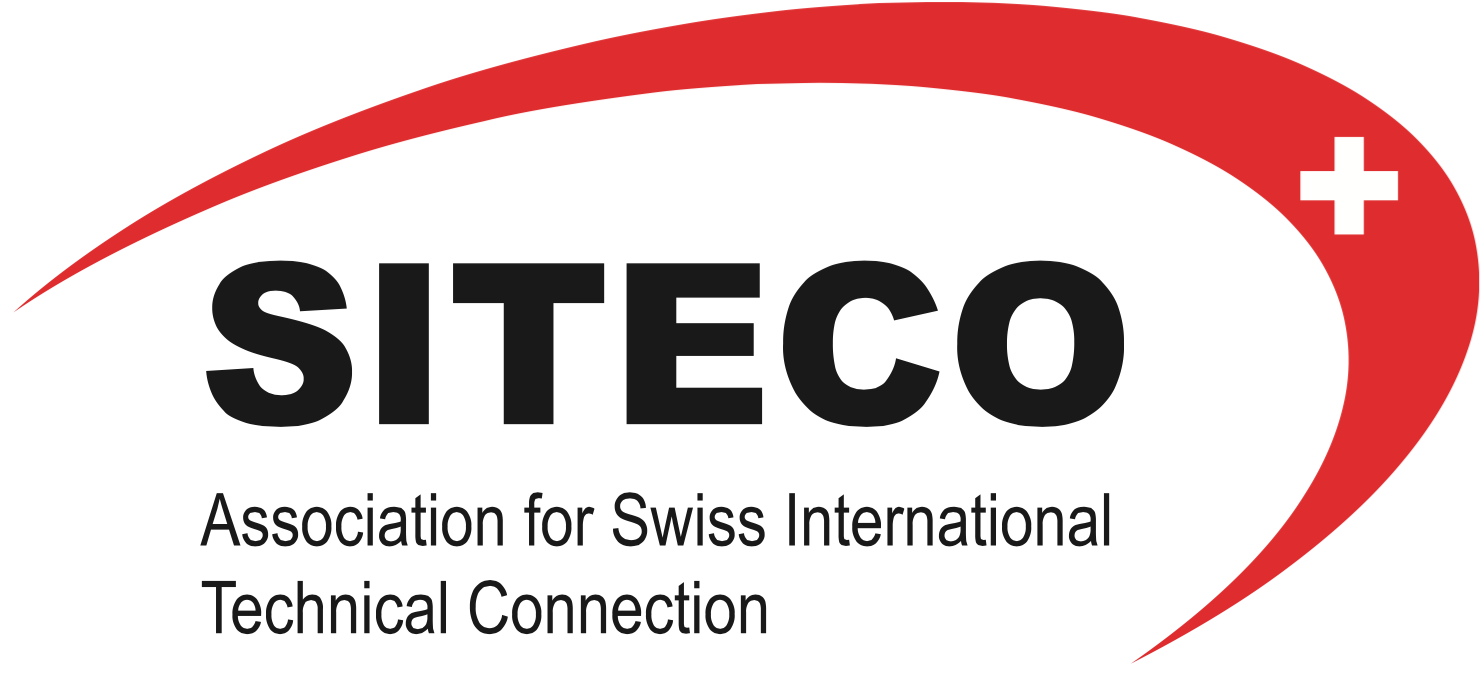Support for self-support.
SMART - Swiss Railway Technology
With the development of the SMART ARTiS course programme, SITECO aims to bring Swiss know-how in the railway/mobility sector to bear in various target countries, primarily in Indonesia, and to promote Swiss development cooperation in this area. At the same time, the Swiss dual training model is to be brought to bear and promoted in the target countries. The Indonesian pilot course (CAS) is intended to form the basis for further follow-up courses, which will ultimately form an MAS. The SMART ARTiS course programme for Indonesia can also serve as a model for similar development projects in other countries (multiplier effect).
S4C - The schools
SECO signed a Letter of Intent with the Indonesian Ministry of Industry in February 2017 aiming at a more intense cooperation in the field of vocational training. As a direct result, a consortium comprising Swisscontact, the Bern University of Applied Science and SITECO worked out the concept S4C Skills for Competitiveness for the build-up of 5 new Polytechnics in industrial development areas in Indonesia.
ATMI Cikarang - The starting point
After thorough evaluation, Indonesia was chosen by SITECO in 2008 as site for a pilot project. In Cikarang, the industrial region of Jakarta, a Technical Education Center is being established and enlarged for prospective polymechanics, mechatronics.
APII - The platform
The concept of APII was developed in a collaboration between SITECO and the school management of ATMI Cikarang.
RISTEKDIKTI - The teacher training
SITECO organised an advanced education program on behalf of the Ministry for Research, Technology and Higher Education RISTEKDIKTI in 2017 for a total of 30 Indonesian vocational teachers. For one group of aircraft technicians, this training took place in Switzerland at SR Technics at Zurich Airport, in combination with zbw Center for Vocational Higher Education, St. Gallen.
Dedicated to change.
Who we are.
SITECO - About
We are a privately organised non-profit Association which implements projects in the field of vocational education primarily in emerging nations and development countries. Our policy is to provide “support for self-support”, from the educational basic training up to the capability to prove one’s worth on the labour market.









